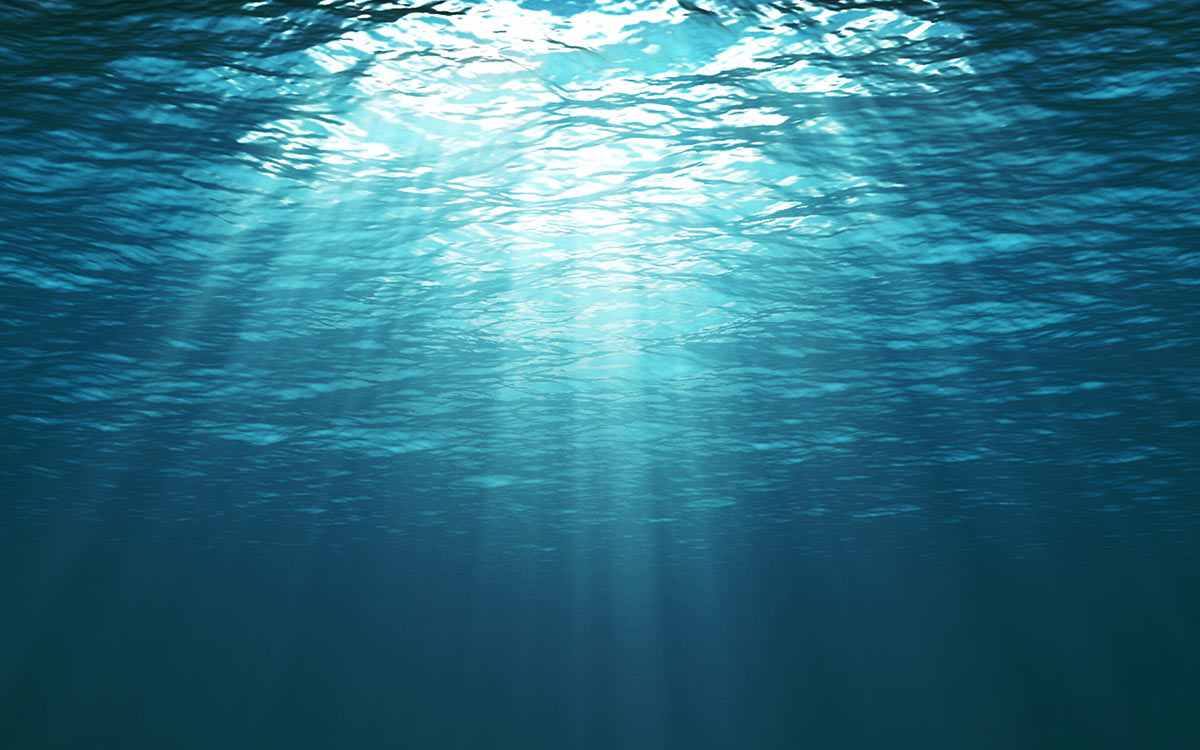Have you ever heard of Ocean Literacy? Literally it means "ocean literacy," referring to the need to make people aware of everything related to marine science. First to hear that Ocean Literacy was a necessity was the United States of America, where about two decades ago it became apparent that the study of the ocean was not included in school curricula. Which has since happened, as it has in many European states as well. Not in Italy. Or at least not yet, considering that the push for the importance of introducing knowledge of the sea into school curricula - explaining the relationship that exists between us, the ocean and the planet, making us reflect on the close relationship between life on Earth and the essential role of the blue resource - is increasingly strong, and the call was also reiterated as part of the World Education Day proclaimed by the United Nations General Assembly.
But why would it be so important to include Ocean Literacy in education and school curricula? The most emotional answer was given in a recent SkyTg24 interview by Peter Thomson, UN Special Envoy for the Ocean. "I think people protect what they love, and to love something or someone, you have to understand them really well. That's why I'm a big supporter of Ocean Literacy in schools," said Thomson, who added, "It's something that's really important to get kids to understand. Okay. Let me give you an example, Prochlorococcus, were you taught about Prochlorococcus in school? I wasn't. I only learned about it through lifelong exploration. Prochlorococcus is the smallest photosynthetic organism on the planet and produces 20 percent of the oxygen in the biosphere. It is an important fact of life for all of us this tiny Prochlorococcus, our interest in ensuring that this tiny being stays healthy. Because it produces 20 percent of the oxygen in the biosphere without which we would all be dead. So," the UN Special Envoy for the Ocean continued, "I think if you taught that kind of thing in school, then you are the one who is concerned about the connection with that creature and the need for it to be part of your life and part of your conservation efforts.
We often forget that. But the sea covers more than 70 percent of our planet. The sea is the origin of life on Earth. The sea produces most of the oxygen and feeds much of the human population. Had decades of pollution, habitat damage, and overfishing not been enough, we now face two other huge threats to its health: climate change and acidification. We often forget this also because many times we are unaware of it or almost unaware of it: that's why a better and broader knowledge of the sea by everyone, starting from the first years of school, becomes essential to understand the problems and to propose solutions. Because the more we know about the sea, the more we can protect it.
According to Francesca Santoro - program specialist of Unesco's Intergovernmental Oceanographic Commission and promoter in Italy of the Decade of the Sea Sciences for Sustainable Development 2021-2030 - the goal is to introduce in schools the "blue curriculum," an ocean-related education and awareness-raising path to educate the new generations from a scientific point of view but also to develop in them a critical consciousness so that they can become active participants in change, taking care of the planet. "The sea," Santoro told the sustainable development magazine Impakter Italia, "produces 50 to 80 percent of the oxygen we breathe, controls the global climate and also plays a crucial role economically. Ocean Literacy and the Blue Curriculum can help schools, teachers and students understand the importance of marine biodiversity and ocean-human interactions so they can make more informed and responsible decisions about the use of marine resources. The ocean is a source of food, energy, raw materials, minerals and, increasingly, innovative medicines. It also regulates the Earth's climate and is home to the greatest diversity of living things and ecosystems, while providing economic, social and aesthetic services to all humanity. If the ocean were a country, it would be the world's seventh largest power."



